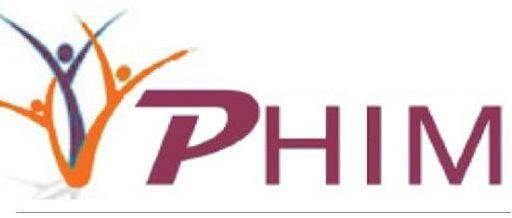On 18 June 2017, Malawians woke up to the rude awakening that residents of some parts of Area 18 in Lilongwe, were drinking contaminated water. It is said that an underground supply line burst near a sewer broken system that was emitting sewer water into the supply line.
For days, it remained unclear to what extent the water was contaminated. As part of its mandate the Nation Microbiology Reference Lab, collected a sample of water from the area and conducted extensive tests. It was discovered that the water had Ecoli and Enterobacter cloacae normally found in sewage and can causes diarrhoea.
The results were shared with the Ministry of Health and the President’s Special Task Force on Area 18 Contamination to guide them on the possible treatment of the pathogens.
